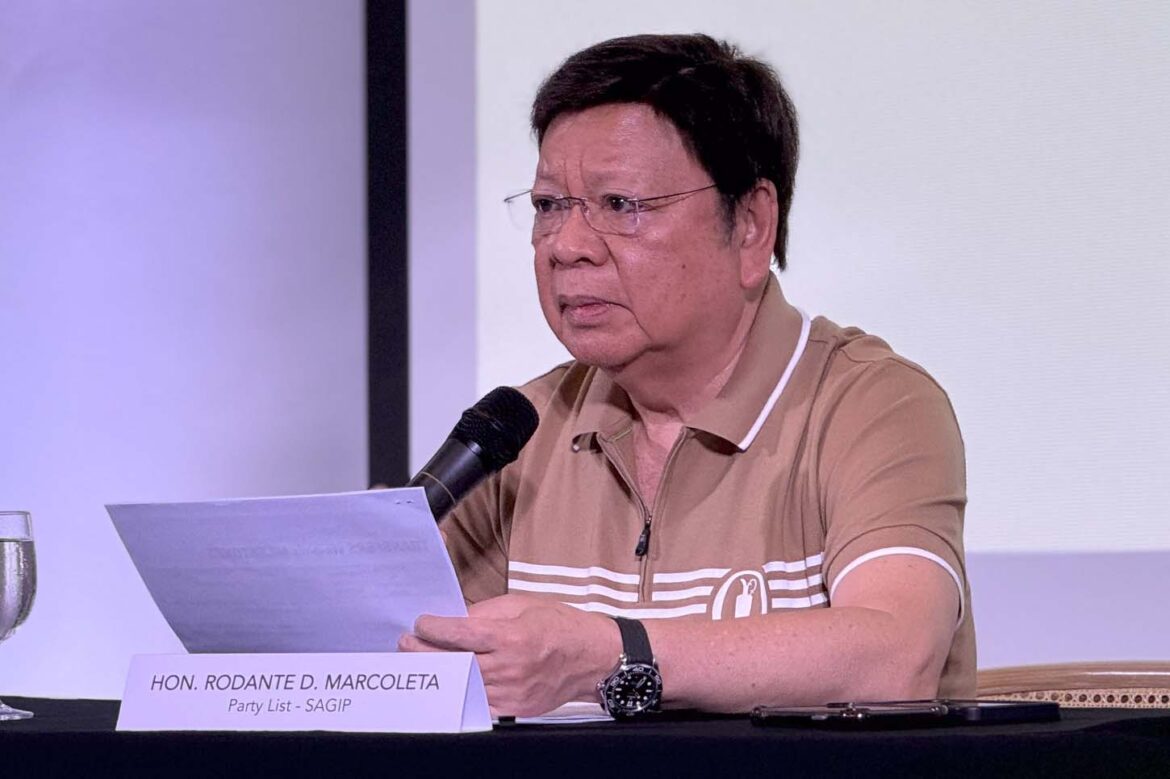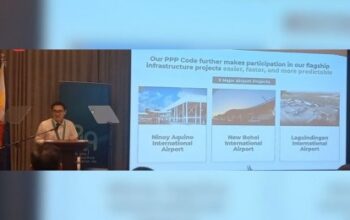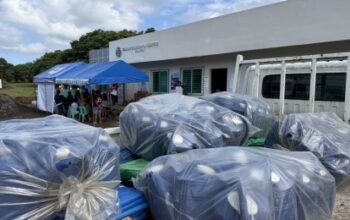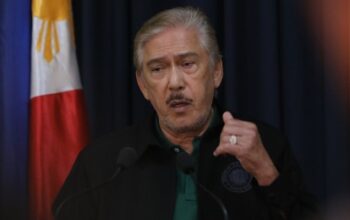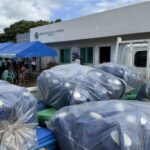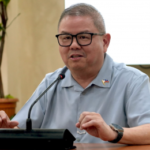In a session of interpellation, Hon. Rodante D. Marcoleta, Representative of the House, rigorously questioned the Department of Migrant Workers (DMW) Secretary Hans Leo Cacdac regarding the department’s plans to ensure the safety and welfare of Overseas Filipino Workers (OFWs). Marcoleta’s probing centered on operationalizing Secretary Cacdac’s advocacies, including providing legal, medical, and humanitarian assistance through the P1.2 billion AKSYON fund and establishing equitable bilateral arrangements with host countries.
Marcoleta pressed for detailed explanations on how these advocacies would translate into concrete actions, particularly focusing on legal protection for OFWs. He highlighted the severe vulnerabilities faced by OFWs, such as household service workers and semi-skilled laborers, who often endure various forms of abuse in host countries like Saudi Arabia. Marcoleta emphasized the need for robust legal frameworks to protect these workers effectively.
Secretary Cacdac responded by outlining the role of Migrant Workers Offices (MWOs), staffed with Labor Attachés and supported by 94 local hires knowledgeable in the language and culture of host countries. However, Marcoleta expressed concerns about the adequacy of these measures, particularly the reliance on legal retainers, which he argued, is insufficient to address the volume and complexity of cases faced by OFWs. He advocated for employing in-house secular lawyers to provide continuous and dedicated legal support.
Marcoleta pointed out specific issues, such as the misuse of the Absher App in Saudi Arabia, which allows employers to arbitrarily report workers as “huroob” (absconding), stripping them of their legal rights. He criticized the One Repatriation Command Center as a quick-fix solution that fails to address the fundamental need for legal protection and the vindication of OFW rights.
Furthermore, Marcoleta highlighted the burden of legal and immigration-related penalties on OFWs, stressing the need for DMW to shoulder these costs and provide robust legal representation. He called for the establishment of a witness protection program and an increase in the number of in-house secular lawyers to ensure adequate legal defense for OFWs. Marcoleta emphasized that the solutions presented by Secretary Cacdac must go beyond palliative measures and offer comprehensive protection to the country’s modern-day heroes.
Secretary Cacdac assured the committee of his commitment to enhancing the DMW’s regulatory functions, cracking down on exploitative employment agencies, and increasing the number of legal hires. He emphasized the department’s ongoing efforts to complement local hires with regular personnel to strengthen the overall support system for OFWs.
Marcoleta’s rigorous scrutiny underscores the urgent need for tangible and effective measures to safeguard the rights and well-being of OFWs. As the government continues to navigate the complexities of protecting its migrant workers, these discussions highlight the imperative for comprehensive and robust protection frameworks to support the nation’s OFWs, who play a crucial role in the country’s development.


